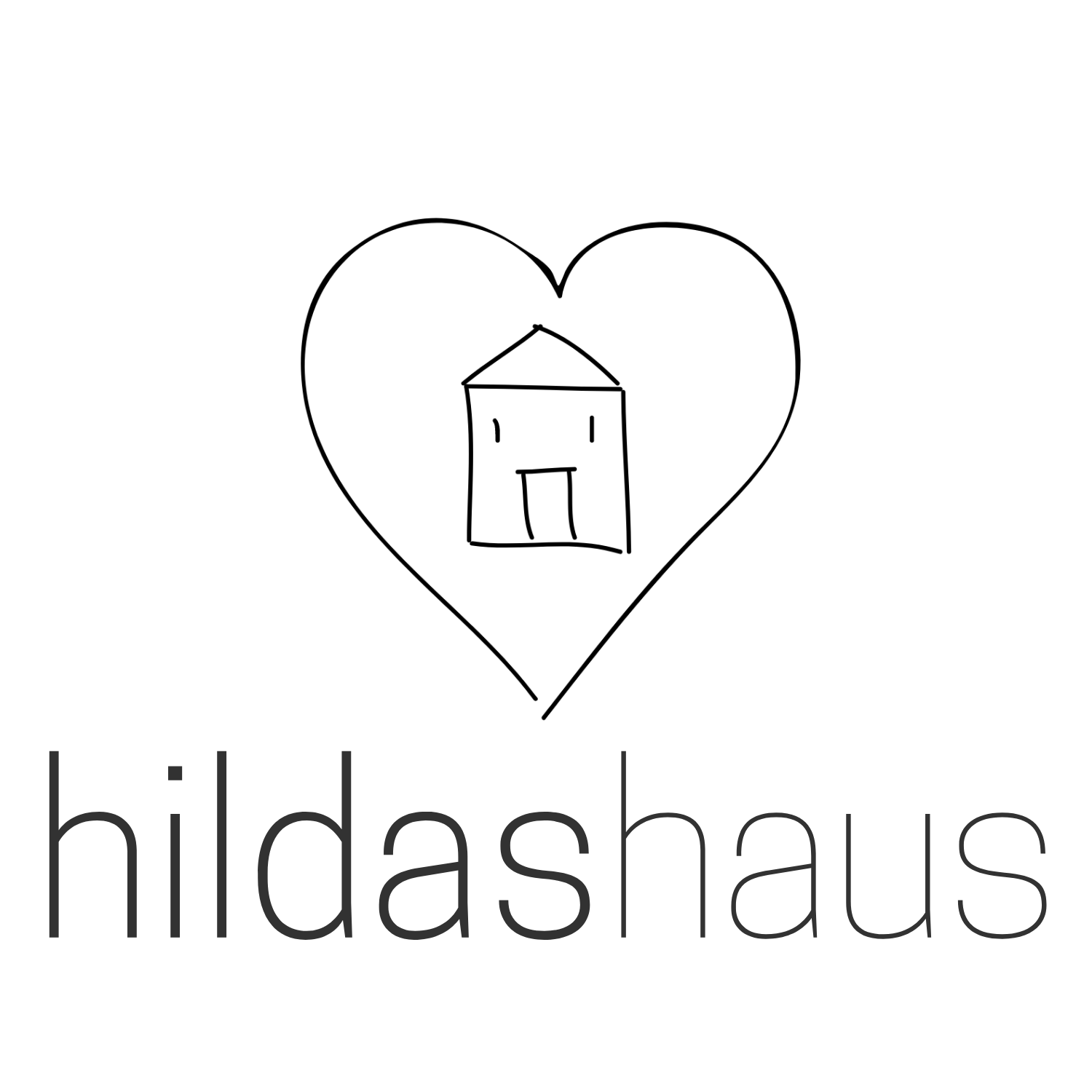
Khalat خالات
KHALAT is an Arabic word for *Aunties*; single *Aunt*: KHALA. This term is used as a respectful way to address women, especially those who are more experienced and mature.
Which makes it a perfect name for our project; a project that is aimed for Arabic-speaking women aged 50+
Using an arts-based, intersectional and participatory approach, the project seeks to create a vibrant and inclusive space where individuals come together, connect, and engage in meaningful conversations without language barriers. By doing so, the project aims to diminish social isolation and promote a sense of belonging, fostering a positive and welcoming environment for everyone involved.
All our workshops are held by Arabic-speaking FINTA* instructors
-

An holistic approach for Health & Well-Being
The primary goal is to serve as an alternative therapeutic intervention for individuals who have experienced trauma. This approach involves fostering a deeper connection with the body through gentle movements, empowering individuals to take control of their healing journey, and nurturing a compassionate and harmonious relationship with their own bodies.
-

Embroidery and crochet as profound ways to honor and preserve heritage
Participants have the opportunity to work with a skilled instructor who specializes in embroidery and crochet techniques, which carry profound cultural importance within the Khalat community. The act of crafting itself creates a safe and tranquil space, allowing individuals to find solace in the present moment, while also honoring the past and envisioning the future through the art of weaving and the learning of new techniques
-

Savoring Culinary Delights: Our Flavorful Cooking Sessions and Recipe Book
Food and cooking play a vital role in bonding, cultural connection, and preserving the heritage of the MENA region. Every dish carries tales, traditions, and embodies the diverse cultures within this region. Together, participants embark on a culinary journey that will culminate in the creation of a recipe book with a selection of traditional recipes.
-

Art as a self-care
The group collaborate with an Expressive Arts instructor, employing the Intermodal Expressive Arts method. This approach merges artistic practices with therapeutic techniques. Through this process, the instructor fosters an imaginative sanctuary, facilitating transitions, integration, and the cultivation of resilience.

